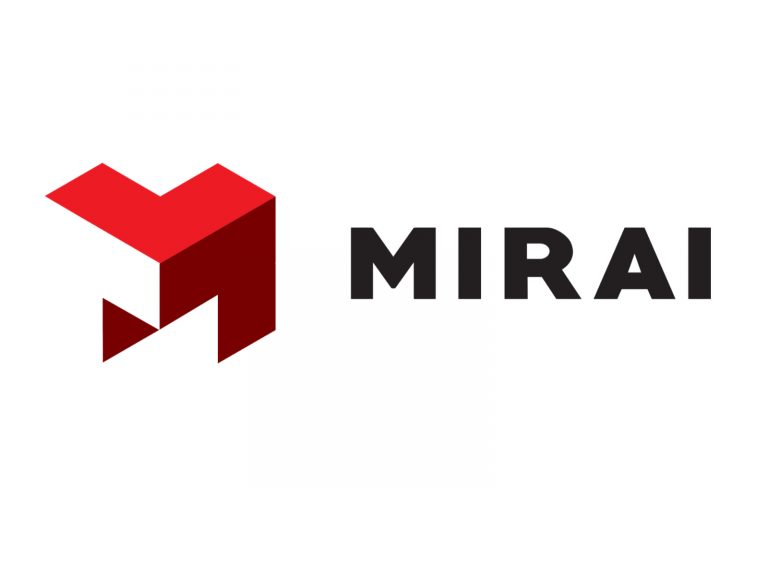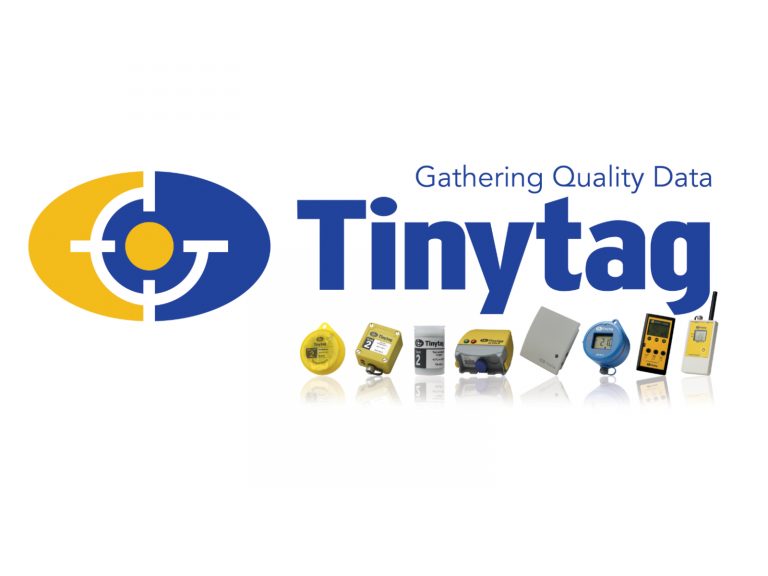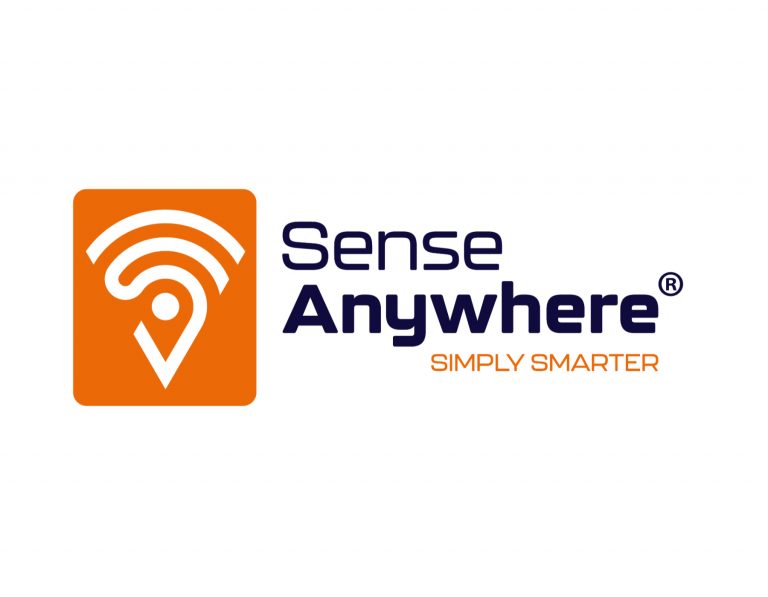Pfizer and BioNTech Launch Omicron-specific COVID Vaccine Trial
Pfizer and BioNTech announced on Tuesday that a clinical trial in healthy people 18 to 55 years old to assess the safety, tolerability, and immunogenicity of an Omicron-based vaccine candidate has been initiated.
The Omicron-based vaccine candidate was administered to the first participants in the clinical study as a two-dose main series and a booster dose. Three cohorts will test alternative regimens of the existing Pfizer-BioNTech COVID-19 vaccine or an Omicron-based vaccine in the trial. The study will include some of the individuals from the company’s Phase 3 COVID-19 booster study as part of their ongoing efforts to address Omicron and identify the need for variant-based vaccines.
Kathrin U. Jansen, Ph.D., Senior Vice President and Head of Vaccine Research & Development at Pfizer stated:
“While current research and real-world data show that boosters continue to provide a high level of protection against severe disease and hospitalization with Omicron, we recognize the need to be prepared in the event this protection wanes over time and to potentially help address Omicron and new variants in the future. Staying vigilant against the virus requires us to identify new approaches for people to maintain a high level of protection, and we believe developing and investigating variant-based vaccines, like this one, are essential in our efforts towards this goal.”
Prof. Ugur Sahin, CEO and Co-founder of BioNTech added:
“Vaccines continue to offer strong protection against severe disease caused by Omicron. Yet, emerging data indicate vaccine-induced protection against infection and mild to moderate disease wanes more rapidly than was observed with prior strains. This study is part of our science-based approach to develop a variant-based vaccine that achieves a similar level of protection against Omicron as it did with earlier variants but with longer duration of protection.”
More than 1,400 participants to be enrolled in the Omicron-specific vacinne trial
The companies intend to enroll a total of 1,420 participants in the trial, divided into three cohorts:
Cohort #1 (n = 615): Participants received two doses of the existing Pfizer-BioNTech COVID-19 vaccine 90-180 days previous to enrolment; participants will get one or two doses of the Omicron-based vaccine in the trial.
Cohort #2 (n = 600): Participants received three doses of the current Pfizer-BioNTech COVID-19 vaccine 90-180 days previous to enrolment; participants will receive one dose of the current Pfizer-BioNTech COVID-19 vaccine or the Omicron-based vaccine in the trial.
Vaccine-naive individuals will receive three doses of the Omicron-based vaccine in Cohort #3 (n=205).
People who have been vaccinated, specifically those who have received a booster, continue to have a high degree of protection against Omicron, mainly against severe symptoms and hospitalization, according to clinical and real-world evidence. The companies previously said that they anticipate producing four billion doses of the Pfizer-BioNTech COVID-19 Vaccine in 2022, and that this capacity would not alter if an adapted vaccine is needed.
According to data from Johns Hopkins University, in the United States, the weekly average for newly reported COVID-19 deaths had reached 2,258 a day on Tuesday, an increase of approximately 1,000 from daily death counts two months ago and the highest since February 2021.
Although there is a significant amount of evidence suggesting that Omicron is less deadly it infects, epidemiologists have said that it can spread much faster and infect many more people than earlier variants.
Both BioNTech and Pfizer worked together to create the Pfizer-BioNTech COVID-19 Vaccine, which is based on BioNTech’s patented mRNA technology. BioNTech is the holder of marketing authorizations or equivalents in the United States, the European Union, the United Kingdom, Canada, and other countries, as well as emergency use authorizations or equivalents in the United States (jointly with Pfizer). Submissions will be made to pursue regulatory approvals in countries where emergency use authorizations or equivalents were obtained originally.
Recommended Companies
Ad
More Headlines








